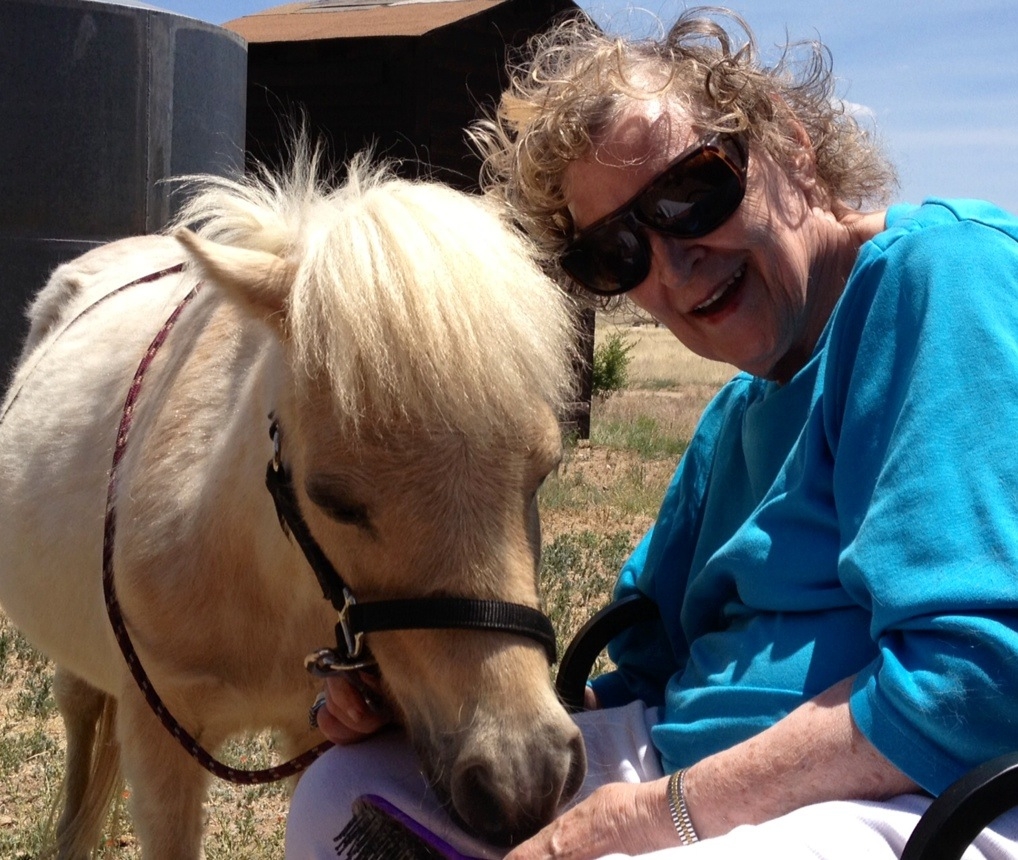 Alzheimer's is a nasty illness and unfortunately there is nothing in medicine that can stop its ever increasing progress, but studies have shown that patients suffering from Alzheimer's who have pets will suffer less and will have health benefits which will only complement their overall state.
Alzheimer's is a nasty illness and unfortunately there is nothing in medicine that can stop its ever increasing progress, but studies have shown that patients suffering from Alzheimer's who have pets will suffer less and will have health benefits which will only complement their overall state.
It does not matter what kind of pet the patients have, all of them will have the same benefits, granted some will offer more than others, but ultimately the overall effect will have patients improve and deal with their illness more easily.
A friendly face every day
Even though Alzheimer's patients might forget most of the things during their days, it is always nice to see a happy face on a pet, and not matter how much it might seem like a hassle to get to know their pets every day, it will always be a delight for the patients.
Pets will offer something that all Alzheimer's patients need: patience; also they will offer unconditional love, and most importantly companionship. Moreover, they will feel if something is wrong and will stick around no matter what. And for the really dire cases, it is even possible to get pets which are trained for Alzheimer's needs.
The right pet
Picking out the right pet might be hard, but it will be important to take the temperament of the patients and pets into account as it will matter the most; furthermore it is important to analyze what the strengths are of each pet and choose the one which will be most needed by the patient. Most pets and pet care products can be acquired in online pet stores, so that nothing happens to the patients until their new buddy and pet related packages arrive.
For those who will need a more professional pet, it is important to get pets, especially cats and dogs, which are trained to be around people with Alzheimer's. Usually, these pets will be trained to be comfortable around hospital equipment, whether it is at home or at the hospital. Furthermore, it is important that pets know how to heed commands and do what they are asked, this is explicitly important for people living at home.
Most dogs that are trained for Alzheimer's patients are equipped with GPS navigation devices, so that if the patient wanders off too far from familiar areas or if the worried family needs to find them it is easy. On the other hand, the collar equipped with the GPS device can emit an alternative command if the patient forgets it, so that the dog can take the owner safely home. Moreover, these dogs are trained in a way that they actually walk their owners, and not vice versa.
Pets for the elderly
Not only do pets provide much needed companionship and exercise, but they will also make sure that their owners do not succumb to depression and loneliness. Pets will only bring joy and laughter into their owners' lives. This kind of therapy is especially handy for patients suffering from Alzheimer's, they will have fewer outbursts, and generally, their overall mood and health will improve over time.
Pets will love the bonding time they will spend with their owners, and the more closer they get, they will be able to sense if their owner is in some kind of danger or if something is not the way it should be.
The only drawback with Alzheimer's patients is that they will from time to time forget and behave erratically towards their little friends, for that reason the pets should be flexible; however, it is possible that those pets learn the curve over time and that they will adjust to such changing situations.
Overall improvements
Pets will help stimulate social activities, whether it is only with the pets or with others, but in general patients suffering from Alzheimer's will have a companion whom they can socialize with. Furthermore, pets will reduce stress and agitation, which can sometimes be too much for the patients. Pets will also encourage patients to be more physically active, whether it is a short walk or if just petting and grooming the pet.
On the other hand, pets will also encourage patients to eat more healthily and more nutritionally, which means that they will regain more strength, which just might help in the long fight with Alzheimer's.
Shared by: shop.stefmar.com.au







